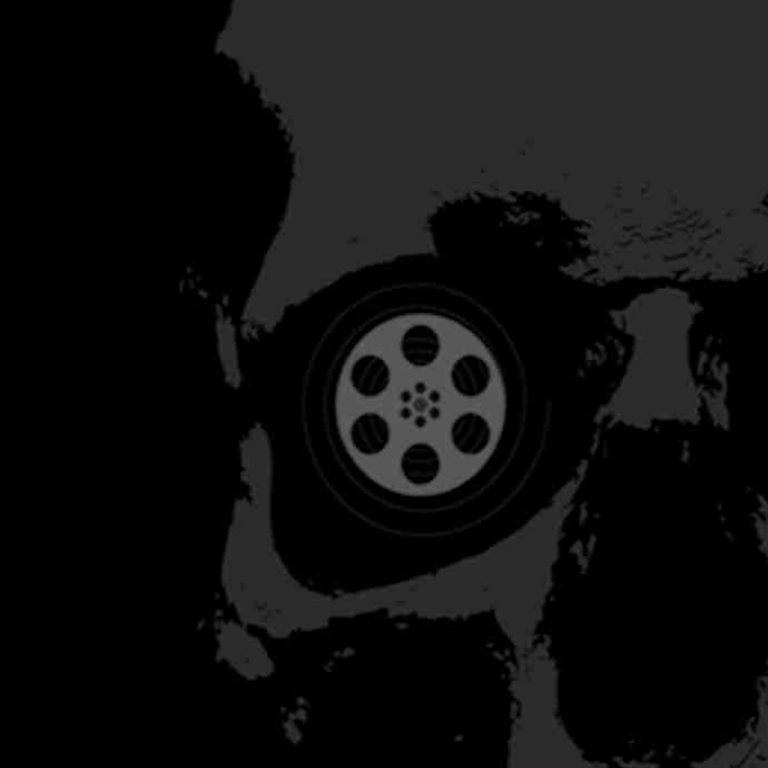Kristi Barnett
2016-06-30 12:00
SHRIEKFEST INTERVIEW
Kristi Barnett
Screenwriter
2013 screenwriting semifinalist and 2015 finalist

What is your name, company name, and URL?
Kristi Barnett - Mindspawn Media - www.mindspawnmedia.com
What is your specialty: filmmaking or screenwriting? If filmmaking, which aspects?
I specialize in genre screenwriting, namely, Horror, Comedy but am also delving into family films/fantasy and sci-fi.
What are you currently working on?
I'm doing development work with a NZ production company called Libertine Pictures who've optioned a horror script and commissioned me to write another. I also have one other horror in development with UK/Canadian producers.
Who do you consider your mentor and why?
I am incredibly fortunate to have the extremely talented Neil Cross as a mentor at the moment. He's into all manner of genre and loves horror. He also understands the writer's lot in life and all the struggles and triumphs one goes through to get their ideas into production, so has been able to guide me through the ever changing waters along with the excellent development executive at Libertine Pictures
Why do you think the horror/sci-fi genres have such a large following?
Horror in particular is such an archetypal genre that plays on every human's deep rooted fears. It plays well internationally because we all know what fear is, what it means to be scared, or creeped out or even disgusted. We understand that feeling the images and ominous sounds give us; and if you took the dialogue and score off the horrors, we'd all still understand the fear from the universal expression of terrified looks on the character's faces. So horror reaches a large audience simply for being universal. Sci- fi is a little less universal yet the concepts of reaching into realms of pure fantastical possibilities, or playing with notions of time and space and being able to really play with wondrous ideas and philosophies, lends itself to the human eternal question of, "what if"? We all love to try and contemplate that question and are completely fascinated by our answers.
What do you love most about this business?
The notion of entertaining an audience. Entertaining a reader, having producers, directors and others realize the potential of your story being something they could get involved with and coming together to simply... entertain. (And hopefully make money as well).
What do you dislike most about this business?
Trying to find the right people to help do all the above. It's so hard getting anyone to even read your work let alone people who decide to invest in you. And then, you have to deal with your work being stripped away and dissected to get a script everyone likes, not just you. And dealing with all the ideas and constantly wondering if you're doing the right thing and if you're actually any good; and will they somehow decide you're not? The roller coaster of self-consciousness in one's work is wearisome. (And not making money).
What career accomplishment are you most proud of?
Having one of my scripts optioned after years of trying. I'm also quite proud of the writing, directing and producing I did on the first Twitter movie called Hurst (aka @karenbarley), which was one of the first transmedia projects back in 2010/2011 and was very difficult for me - as I did a lot of the publicity and all the media and tweeting myself over a live 3 week period. To this day, media students around the world contact me about it. I'm also just proud that I'm still going on and trying.
Any advice you'd like to give to newbies?
Learn the basic 3 act structure. Learn formatting. Get a good screenplay word processor like Final Draft or Fade In. Don't worry about getting an agent. Concentrate on getting a good concept that will appeal to producers. One you think will be commercial but unique so they may bite and read the script. Producers are the key to getting your work made; agents will come later if at all. Find a mentor if you can. Surround yourself with other writers even if it's just to go for monthly drinks. Enter competitions and festivals that are tailored to your genre and think about paying for their script reader notes. If possible, learn what goes into producing a film and go on set to see how things are done. Don't be afraid to say no to collaborators if you're not feeling it. Explore all possible avenues to get your work seen but don't harass people. Most of all, if you've been told you're good and if you're placing in competitions, then don't give up.
Anything else you'd like to say?
I'm still learning.
